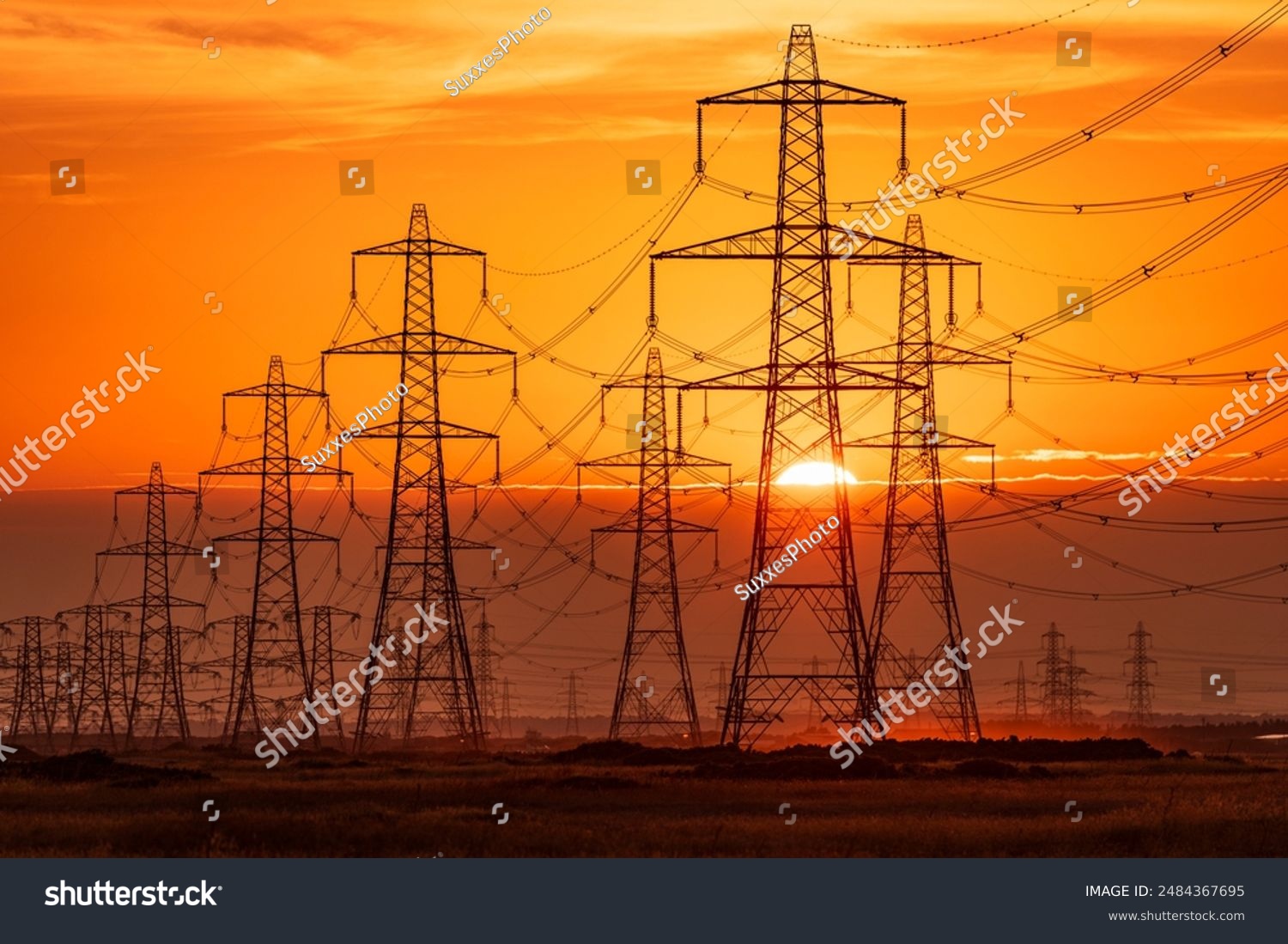It’s the largest overhaul of the electricity grid in generations.
17 major projects to be completed in the next six years.
It’s going to be an unprecedented challenge for everyone involved in “The Great Grid Upgrade”.
This is how we would tackle it.
Firstly, what are the main complexities about this programme?
- Development Consent Orders - Many major programmes need one DCO. For The Great Grid Upgrade they will be running nine or ten at a time.
- Capacity Building – The resources required for this programme are huge. Where do you find that number of people with the right skillset?
- Collaboration – Project 13 is still in its infancy. How can we ensure leaders have the right approach to working in an enterprise model.
- Timeframe – The programme will build five times more network in the next six years than has been built over the last 30 and will face penalties for any connection delays.
While these challenges combined make this a unique programme. Individually they are all surmountable.
Whether you are client side, contractor or consultant – if you are involved with the Great Grid Upgrade, this is how we would tackle recruiting leaders to solve these issues.
For Development Consent Orders look for:
- Candidates with experience for project developers undertaking DCO’s or major planning applications from previous major programmes in other sectors.
- Candidates from a consulting background who have advised on DCO’s or major planning applications.
For capacity building look for:
- Leaders who have programme level experience rather than project. Individuals will be able to take a bird’s eye view of the scheme and identify bottlenecks.
- Leaders who have worked on programmes that had to take an innovative approach to working with the supply chain.
- Leaders who worked on programmes where there was a lack of resources and have had to find innovative solutions to resource constraints or are used to linear construction delivery.
For collaboration you can:
- Recruit leaders from other collaborative models. Enterprises are the ideal, but JV’s and alliances may display similar outlooks.
- Use competency-based interviewing and personality profiling to give you solid evidence whether or not individuals are genuinely collaborative.
- Take references from the stakeholders of the other companies the individual worked with in a JV / alliance / enterprise to see how collaborative other parties thought they were. This will give you a better understanding of how they operate.
To meet timescales, you should:
- Look to types of programmes where it was impossible to delay completion – e.g. the 2012 Olympics.
- Look for candidates in industries where there are significant penalties for programmes running late. Examples of these will be in oil & gas or mining industries where the lost revenue for delayed completion is a pointed motivator to get the job done on time.
- Consider people who worked on projects that provided incentives to deliver on time or early such as Heathrow Terminal 2.
Finding leaders for The Great Grid Upgrade is a tall order, but by no means is it an impossible task.
If you need to bolster your teams to meet the needs of this vast programme, drop me a line to discuss innovative recruitment solutions for senior hires on 07590 478 088.
